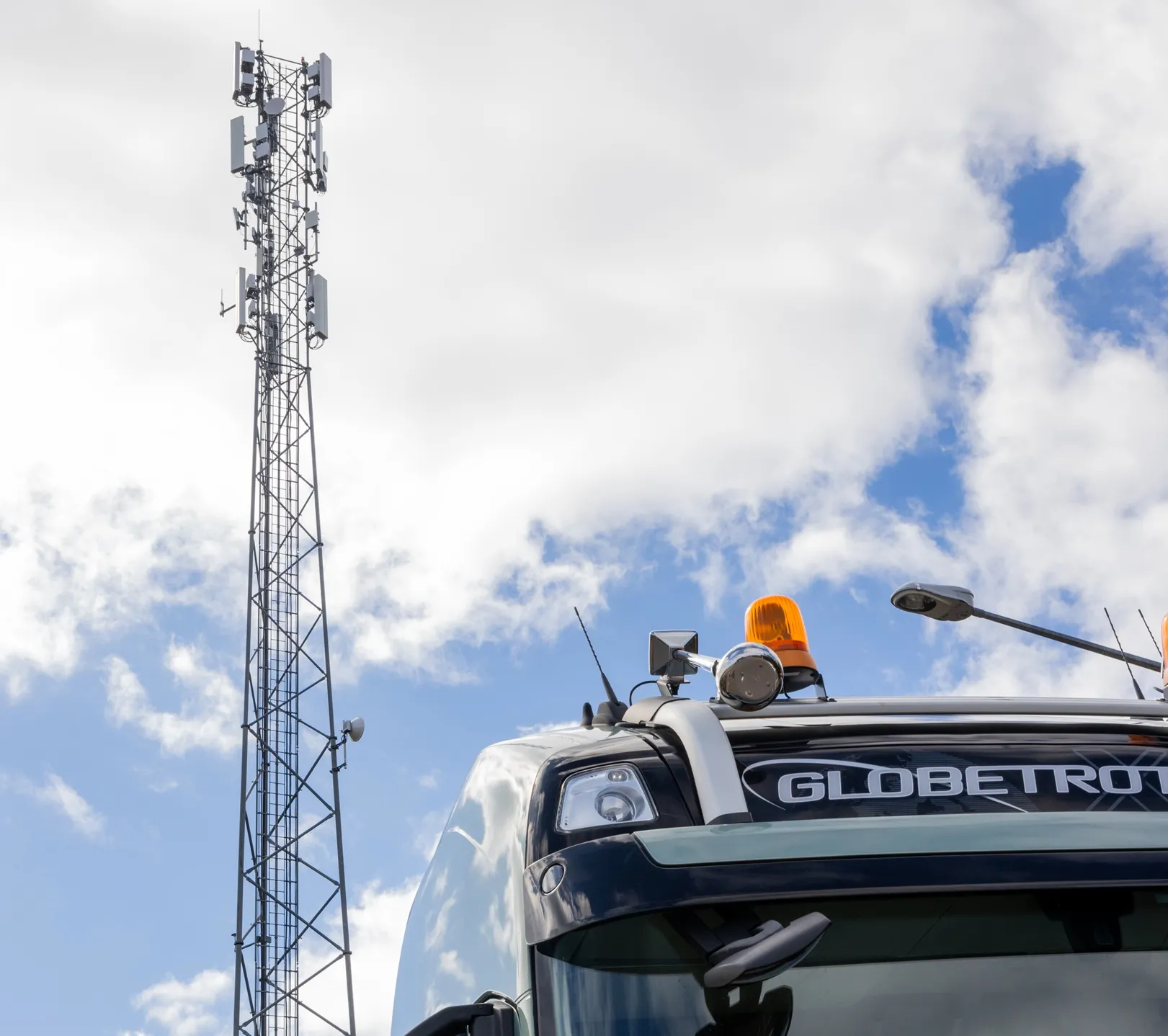
5G is going to be crucial for the safety and efficiency of connected vehicles, among other ITS technologies.
The advice from UK ministers follows a meeting of the country’s National Security Council – despite objections from US president Donald Trump, who has suggested that US allies should not use the Chinese company.
Victor Zhang, vice president of Huawei, said the company was “reassured by the UK government’s confirmation that we can continue working with our customers to keep the 5G roll-out on track”.
The UK says that ‘high risk’ vendors should be subject to a number of restrictions – for example, being excluded from “all safety-related and safety-critical networks” and “security critical ‘core’ functions”, and barred from “sensitive geographic locations, such as nuclear sites and military bases”. Companies such as Huawei should also not have more than 35% of the access network, which connects “devices and equipment to mobile phone masts”.
Veteran US politician Newt Gingrich tweeted that the decision was a ‘major defeat’ for the US. “How big does Huawei have to get and how many countries have to sign with Huawei for the US government to realize we are losing the internet to China?” he asked.
Zhang says that Huawei has “supplied cutting-edge technology to telecoms operators in the UK for more than 15 years”. He added: "We agree a diverse vendor market and fair competition are essential for network reliability and innovation, as well as ensuring consumers have access to the best possible technology."









